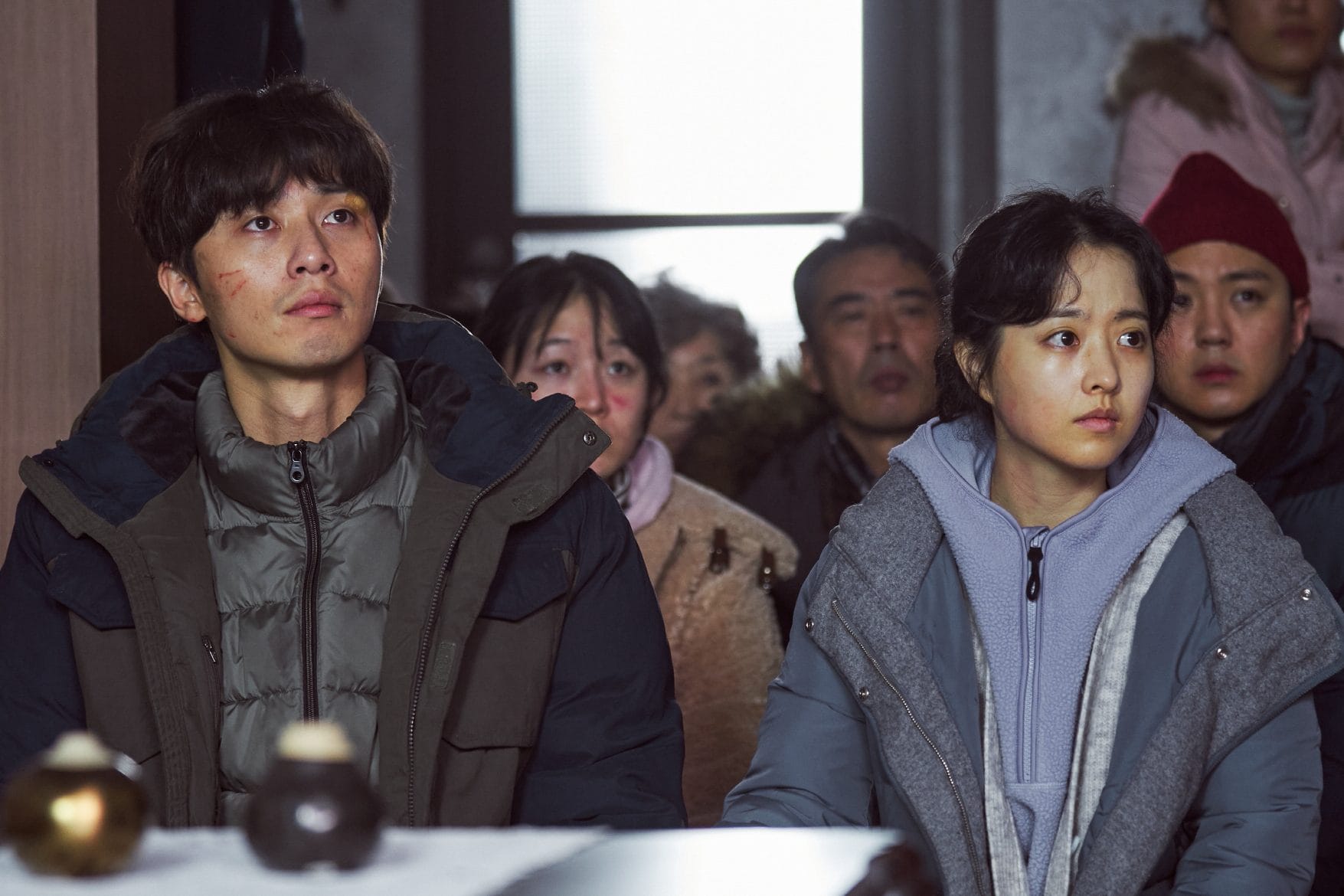Interview: Concrete Utopia director Um Tae-hwa
"This movie deals with the disaster, but the disaster itself is not the focus."

South Korea consistently makes some of the most interesting movies on the planet, and the ideologically-laden and visually-rich Concrete Utopia is one of the best South Korean films of 2023. That means director Um Tae-hwa has made one of the best films of the year.
The Korean Film Council knew this, of course, and elected the film as the official entry for the country at this year’s upcoming Academy Awards. Given the country’s recent success at the Oscars, on top of the remarkable quality of the genre-bending post-apocalyptic film, no one should be surprised if the title ends up shortlisted for Best International Feature either (though The Zone of Interest and Fallen Leaves will likely remain the frontrunners).
After a few decades of journeymanning in a variety of crew positions, including as an assistant director for three of Park Chan-wook’s works (notably Sympathy for Lady Vengeance, 2005), and his 2017 victory at the 54th Grand Bell Awards for Best New Director with his debut feature Vanishing Time: A Boy Who Returned, Um establishes himself as one of the essential filmmakers to monitor in South Korea. Concrete Utopia adapts and expands Kim Sungnyung’s webtoon “Pleasant Bullying.” The premise is allegorically simple: all of Korea, perhaps the world, has been destroyed by an earthquake…other than one apartment building. The residents of the building reshape society and fight off the non-resident survivors as they form a new, fascistic governing system. By limiting the vantage point into the destruction, Um denies the spectacle of the destruction picture—this is not San Andreas (2015) or Greenland (2020)—and, ironically, he elevates the scale of the destruction in the process. Um turns the bustling and crowded Seoul into a landscape of loneliness surrounded by a sea of concrete.
The following interview has been condensed and edited for clarity. The conversation took place over Zoom and was limited to about 30 minutes, mediated by translator Kaila Wang.
BOSTON HASSLE: Let’s start with an easy one. When did you first fall in love with movies? Was there a specific movie or director that just made everything click for you?
UM TAE-HWA: I remember when I was in elementary school we had this English channel that was showing a film on television. I saw this scene that was very memorable: a skeletal robot coming out of fire. That was very memorable to me. Later on, I recorded that on VHS and watched it on tape until the recording broke. And that turned out to be the first Terminator.
Continue reading at the Boston Hassle.